
The Chairperson of the Electoral Commission of Ghana, Mrs Charlotte Osei, has been nominated for an award by Chatham House, UK.
The Chatham House Prize is awarded to a person, persons or organisations deemed to have made the most significant contribution to the improvement of international relations in the previous year.
Other nominees for the 2017 Chatham House Prize are Mr Juan Manuel Santos of Colombia and Mr Jens Stoltenberg.
Whilst Mrs Osei is nominated for ensuring a peaceful and transparent electoral process in Ghana in December 2016, further consolidating Ghana’s 24-year long democratic journey, Mr Juan Manuel Santos, President of Colombia, was nominated for formally ratifying a peace agreement with the FARC rebel group and bringing an end to the war in Colombia.
Mr Jens Stoltenberg, the Secretary-General of NATO, was nominated for steering NATO through one of the most complicated periods in its recent history.
The ultimate winner will be announced later this year, and an award ceremony will take place in Autumn.
Mrs Charlotte Osei
According to Chatham House, Ghana’s 2012 electoral outcome was challenged in the courts due to allegations of irregularities. It stated that the heightened tension resulting from this and the competitiveness of the 2016 elections, together with setbacks in democratic systems of government elsewhere in the region, meant that the process was of critical importance not just to Ghana but to the norms of democracy and respect for electoral outcomes and constitutional term limits throughout West Africa.
Recognising these issues, Chatham House pointed out that Mrs Osei undertook reforms at the Electoral Commission in an effort to guarantee the credibility of the 2016 elections and reduce the risk of a challenge of the outcome with its election-related violence.
Under her administration, the December 2016 elections ultimately enabled a smooth transition of power and helped to underpin continued stability and democracy in Ghana and the region, it stated.
The Commonwealth Observer Group, led by a former South Africa president, Thabo Mbeki, concluded: “The December 7 elections in Ghana were norm-setting for Africa, the Commonwealth and beyond. The Electoral Commission, the people of Ghana and the political parties and their leaders all contributed to this further deepening of democratic process in Ghana by delivering elections that for many in the group are among the best they have observed,” Chatham House concluded.
Juan Manuel Santos
For his part, In 2016, after four years of negotiation, Juan Manuel Santos led the Colombian government to ratify a peace agreement with the FARC. Success was by no means certain: after coming to a ceasefire and disarmament agreement in June, followed by a peace accord in September, Santos was forced to return to the drawing board with FARC negotiators after a referendum in October rejected the initial deal. But Santos persevered, drafting and signing a new deal that incorporated changes suggested by the No camp and was ratified by the Colombian congress on November 24, 2016.
The deal ended the world’s longest running war, during which 220,000 people were killed and six million people displaced. This was a complex, sensitive and intense process which required exceptional political diplomacy and perseverance. Ultimately, his determination and commitment to peace guided the main parties and international partners to one of the biggest successes in brokering peace in modern history.
Jens Stoltenberg
For Jens Stoltenberg, Chatham House stated that the UK’s vote to leave the EU, the failed coup in Turkey and concerns about the political commitment of the new US leadership to the NATO Alliance made 2016 a particularly challenging year for NATO, placing political strain on the Alliance.
Stoltenberg, according to Chatham House, dealt adroitly with each of these events, carefully managing the political sensitivities and focusing on promoting the unity and integrity of the Alliance.
Under his direction, NATO has adapted to a more variable security environment to its east and south. He chaired a successful summit in Warsaw which saw a major set of new commitments to improving the security of eastern Europe, providing reassurance to allies and sending an important signal to Russia. which is now openly committed to upending the post-Cold War order, while also developing a new anti-terrorism focus.
The Chairperson of the Electoral Commission of Ghana, Mrs Charlotte Osei, has been nominated for an award by Chatham House, UK.
The Chatham House Prize is awarded to a person, persons or organisations deemed to have made the most significant contribution to the improvement of international relations in the previous year.
Other nominees for the 2017 Chatham House Prize are Mr Juan Manuel Santos of Colombia and Mr Jens Stoltenberg.
Read Full Story


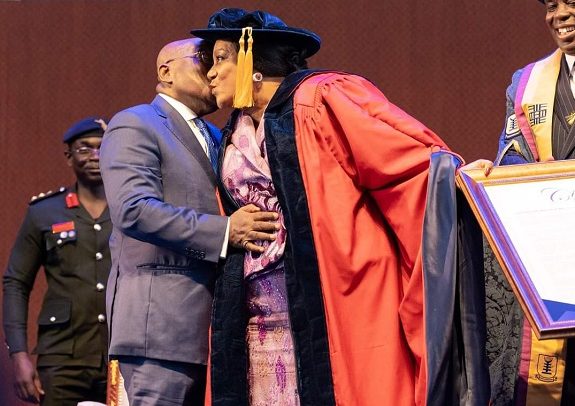
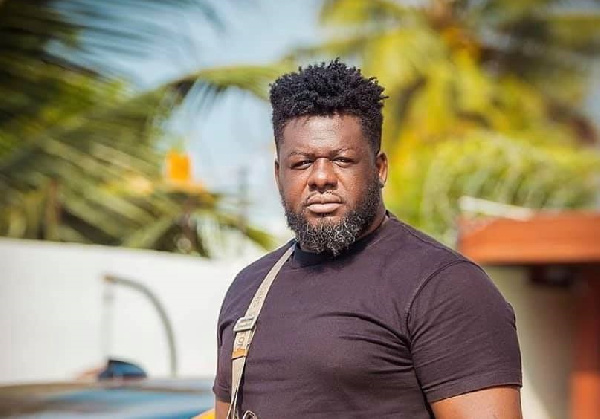
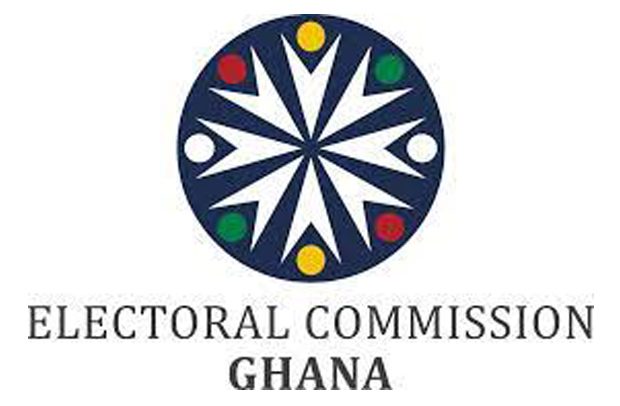

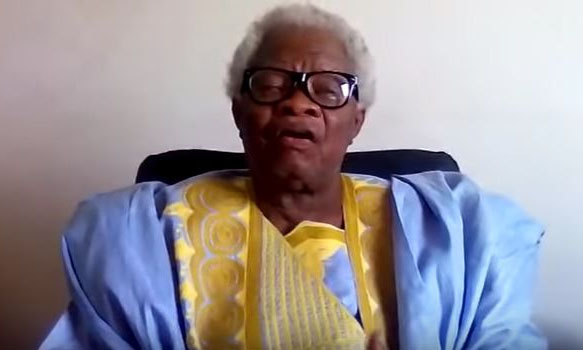
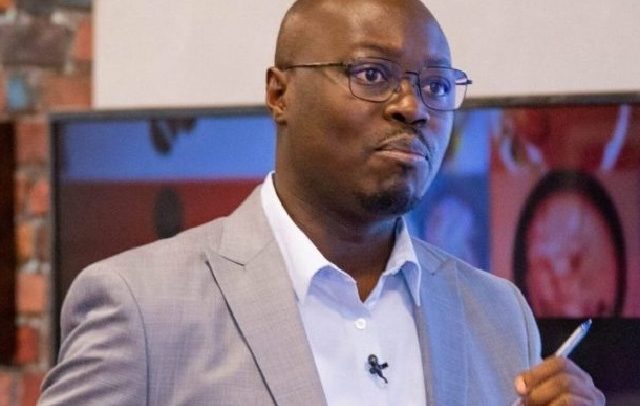
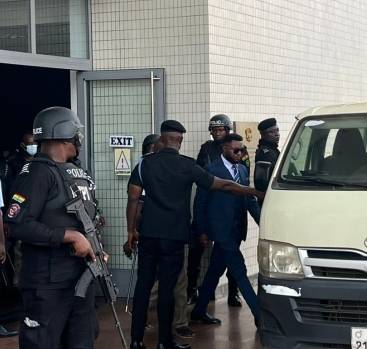








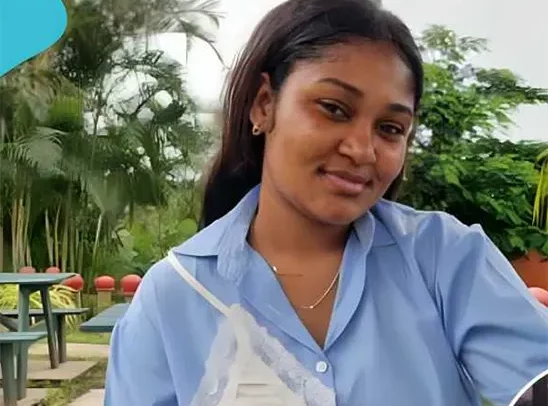










Facebook
Twitter
Pinterest
Instagram
Google+
YouTube
LinkedIn
RSS